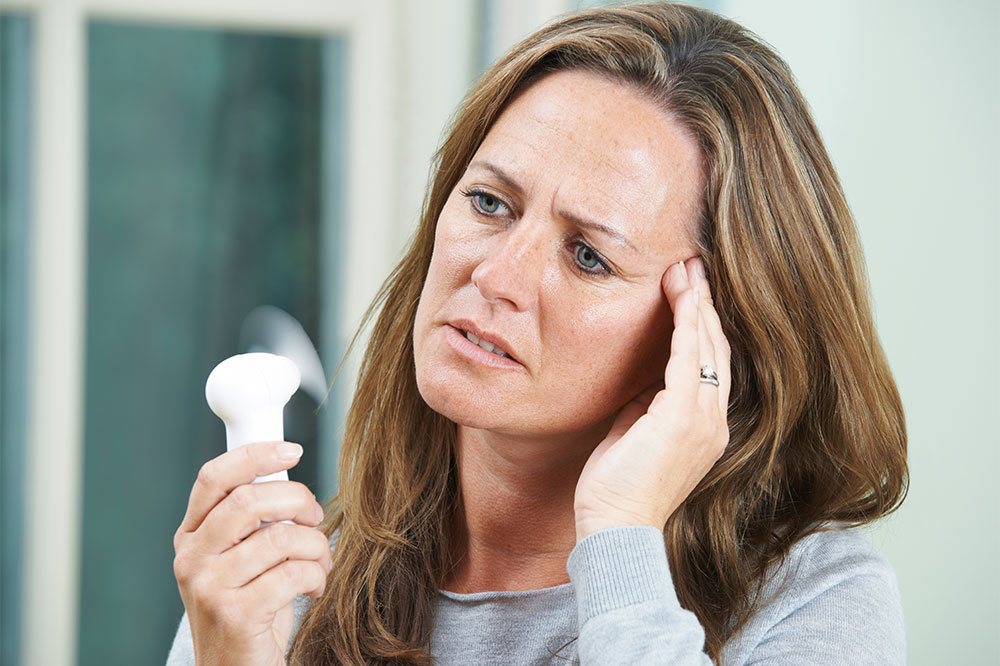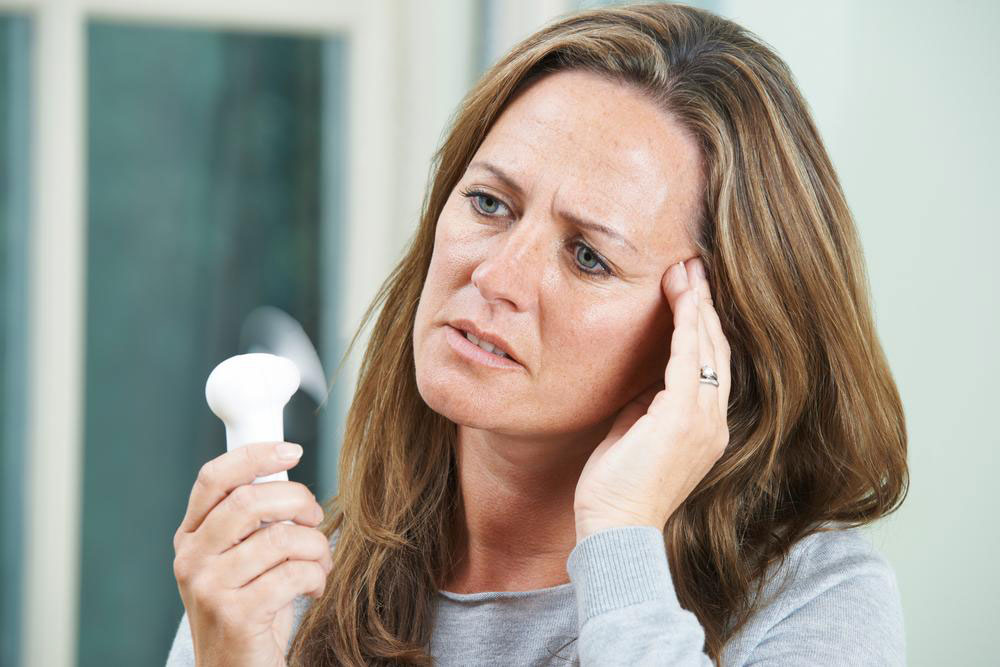Navigating Life After Menopause: Key Symptoms and Health Tips for Women
This comprehensive guide explores life after menopause, detailing common symptoms, health risks, and strategies for maintaining well-being. Understand hormonal changes, manage symptoms effectively, and implement lifestyle modifications to enjoy a healthy, vibrant postmenopausal life. Embrace this new chapter with confidence and proactive health management.

Understanding Life After Menopause: Symptoms and Health Considerations
Embarking on the journey beyond menopause is an important phase in a woman’s life, characterized by significant physical and emotional changes. As women transition into postmenopause, they face a variety of health considerations and symptoms that require awareness and proactive management. By understanding what to expect during this stage, women can better navigate the changes and maintain their well-being.
Menopause marks the end of a woman's reproductive phase, generally occurring between the ages of 45 and 52. This natural biological process is primarily driven by the decline in ovarian function, resulting in decreased production of key hormones like estrogen and progesterone. As ovarian reserves diminish, women often experience irregular periods initially followed by the cessation of menses, which signifies menopause. Although menopause is a singular event, the physical and emotional symptoms associated with it can persist for several years, often leading women into the postmenopausal phase.
The transition through menopause brings about several common symptoms. Hot flashes and skin flushing are among the most typical, often accompanied by night sweats that disrupt sleep patterns. Women may also experience weight gain, especially around the abdomen, and notice a decrease in sexual desire. Other physical discomforts include breast tenderness and vaginal dryness, which can cause pain or discomfort during sexual activity. These symptoms can vary widely in severity and duration from woman to woman.
Emotional and psychological changes are also prevalent, with many women reporting feelings of anxiety, irritability, or depression. Hormonal fluctuations impact mood stability, and pre-existing mental health issues can sometimes intensify during this phase. Recognizing these symptoms early allows women to seek appropriate support and treatment options, improving overall quality of life.
Postmenopause symptoms typically improve within one to two years for most women, especially with healthy lifestyle choices. Regular physical activity, such as walking, swimming, or yoga, along with a balanced and nutritious diet rich in calcium, vitamin D, and other essential nutrients, can significantly alleviate some discomforts. Maintaining a healthy weight, avoiding smoking, and limiting alcohol intake are also effective strategies for managing symptoms and reducing health risks associated with aging.
However, some symptoms or health risks may persist beyond this period and require medical intervention. For instance, continuous vaginal dryness may need the use of lubricants or estrogen therapy, while mood disturbances might benefit from counseling or medications. Importantly, contraception becomes unnecessary after menopause due to the unlikely existence of viable eggs and the low risk of pregnancy, but hormonal treatments should be discussed carefully with healthcare providers.
Postmenopause is associated with increased risks of certain health conditions, including cardiovascular disease, osteoporosis, and sleep problems. The decline in estrogen reduces natural protections, such as maintaining bone density and regulating cholesterol levels. Therefore, healthcare providers often recommend screening tests and preventive measures to mitigate these risks. Bone density scans, blood pressure monitoring, and lipid profile assessments are routine parts of postmenopausal healthcare.
Addressing these health concerns through lifestyle modifications and medical treatments can greatly improve quality of life. For example, medications like bisphosphonates for osteoporosis, statins for cholesterol management, or hormone replacement therapy (HRT) may be considered based on individual risk factors and health status. Regular exercise not only supports bone health but also enhances cardiovascular endurance and mental health.
Sexual health is an important aspect of life after menopause. With vaginal dryness and discomfort, women may feel hesitant about intimacy. The use of vaginal lubricants and moisturizers can alleviate discomfort, encouraging a healthy sexual life. Open communication with a partner and consultation with healthcare providers about sexual health concerns contribute to maintaining intimacy and emotional connection.
In conclusion, life after menopause is a new chapter filled with opportunities for health management and self-care. Staying informed about common symptoms and potential health risks enables women to adopt effective strategies to maintain overall wellness. Proactive measures such as regular exercise, balanced nutrition, routine health screenings, and open discussions with healthcare providers can ensure a vibrant and healthy postmenopausal life.





